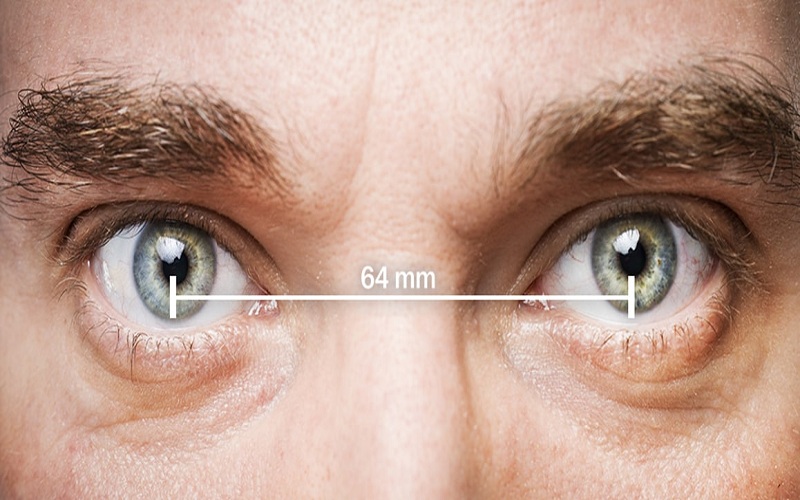Pupillary assessment is an important part of modern neurological assessments, which can provide important information for critically ill patients. Here are the prime approaches for assessing pupillary responses –
Direct pupillary light reflex
Pupils constrict to direct bright light and dilate to comply with dim lights. However, for assessment, medical professionals can gently shine a torch into one eye, and then withdraw the light for a few seconds. Then they can stimulate the eye again and follow the indirect and consensual light reflex in the opposite eye.
Neurological Pupil Index (NPI)
This process to measure pupil size of the eyes can be performed correctly with an advanced NPi-pupillometer device. This practice can help measure the pupil size, latency, and velocity parameters. The parameters are qualified on a scale of 0 to 5. 0 is considered non-reactive, and a score of 3 or higher indicates normal pupil behavior.
Swinging flashlight test
This test helps to compare the functions of two optic nerves. Decreased input through dysfunctional second cranial nerve may result in less constriction of both eyes, which may require medical attention.
However, apart from all these manual tests, using advanced pupillometry devices can be ideal for measuring pupil size or diameter in the quest to detect neurological issues.
The Physiology Related to Pupils
Pupil dilation can help detect several crucial factors among patients. A dilation measurement of <0.3 is considered very concerning for pupil diameter measurement. This measurement means that your eyes are not properly functioning, or some issues are obstructing your natural responses. These issues could even be TBI or traumatic brain injury. The aftermath of a traumatic brain injury is sometimes severe.
Pupil dilation or percent change in pupil size can be properly observed by an NPi-pupillometer, which would be crucial during an emergency. Several neurological emergencies are lost due to excessive time taken on examination, or due to delayed finding of the cause of the problems. Using an advanced device can help healthcare professionals find out the responses and decide fast. The pupillary response in traumatic brain injury usually appears as <0.3, which requires immediate medical attention.
Also, when a patient is admitted with dilated pupils that may appear to be abnormally slow in response, pupil diameter measurement can help find out whether drug consumption or addiction is the reason.
The most innovative approach for pupillary response measurement
Using advanced applications for pupillary measurement can be tested for measuring the neurological well-being of an individual. NPi-300 Pupillometer can be the best fit in this regard. The pupillometer can take over 90 photographs of pupils within 3 seconds. It can also provide a distinct idea regarding the status of neurological conditions through pupil size measurement. Doctors can also detect the history of seizures through pupillometry.
This measurement can also help detect the mental health issues among patients as well.
Pupil size measurement and older individuals
When it comes to older individuals for pupil size measurements, several erratic behaviors may be observed. This is why an advanced pupillometry device can be very helpful in this regard.
An older person may suffer from neurological disorders that may even affect his or her ophthalmic well-being. So, to ensure neurological or ophthalmic well-being, an NPi-pupillometer can effectively find the reasons for erratic pupillary responses.
TBI and Pupillary responses
Brain injuries, especially traumatic brain injuries can vividly affect the usual brain functions. The cranial nerves can be affected by external and internal trauma, and serious percent change in pupil size can be measured as a result of such events. Brain swelling, acute heart or cerebral stroke, as well as intracranial tumor, increased intracranial pressure, and, at times, even migraine headaches can lead to the abnormal dilation of pupil size.
When you consider emotional intelligence with the change of pupillary response, you can find its effects on cognitive abilities as well. Any condition that may affect the cognitive ability of humans, may sometimes broadly affect the usual visual capacities and pupillary measures.

